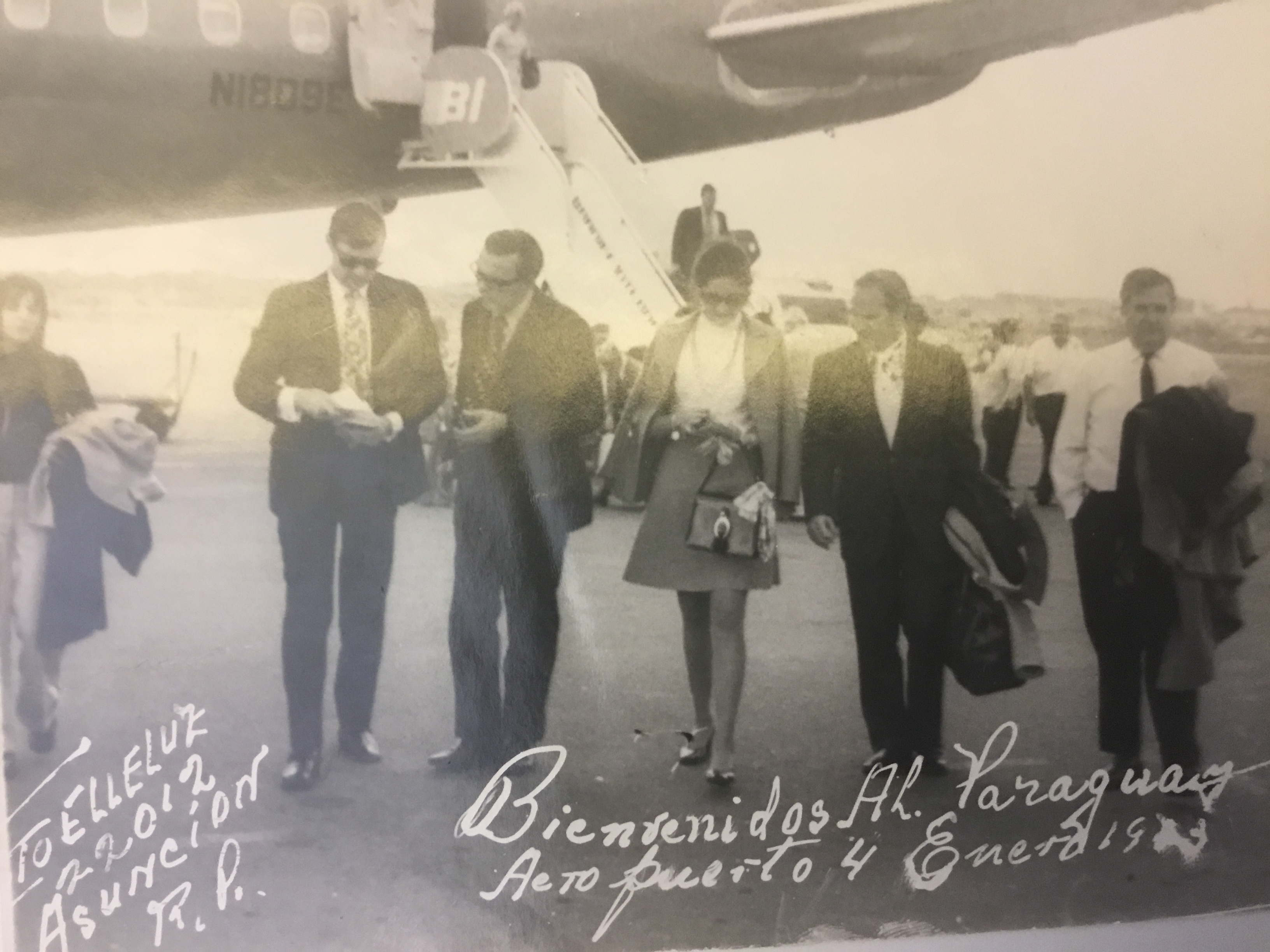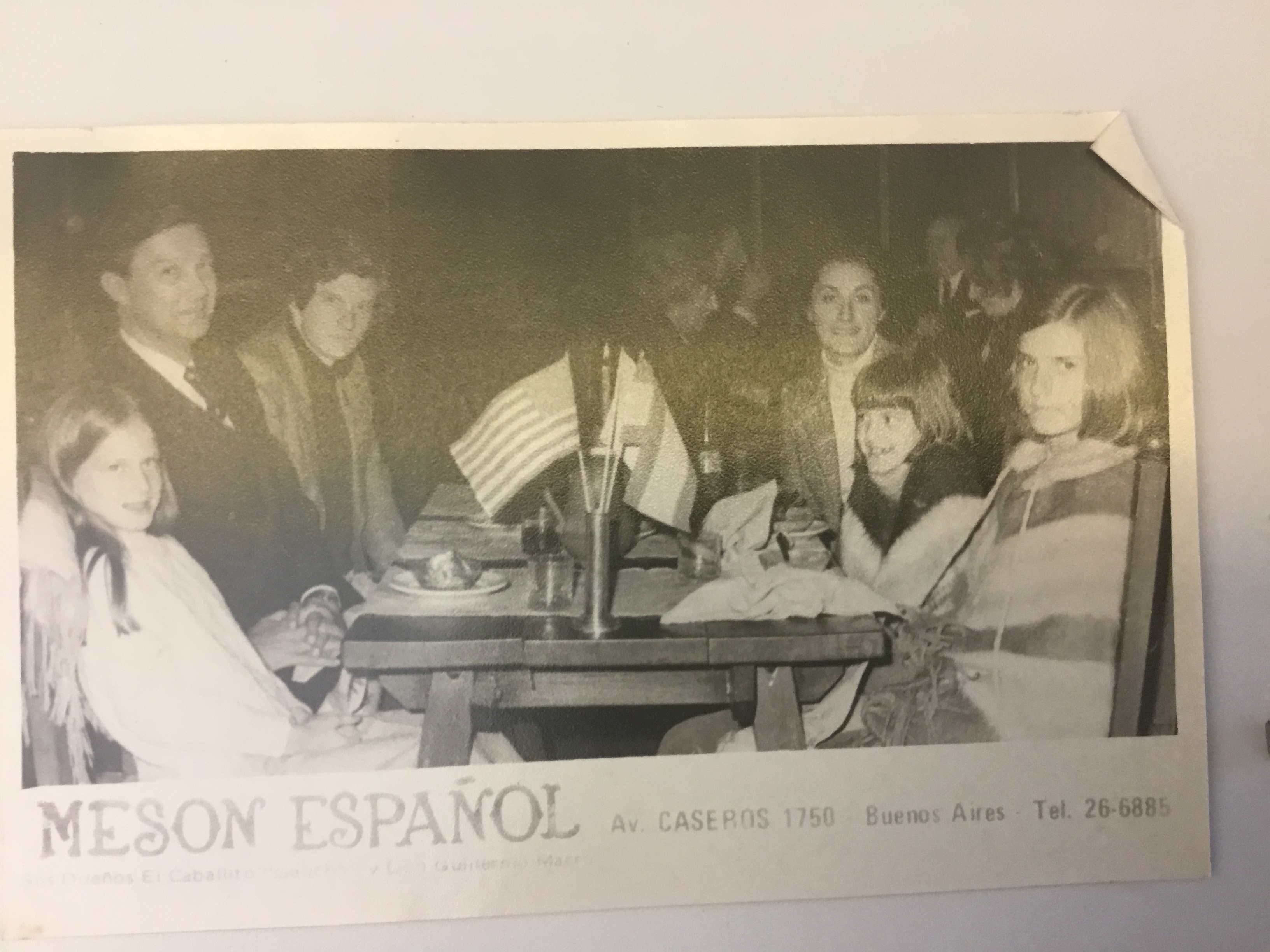Before returning to campus in 1980 to serve as Wabash’s director of annual giving and then as director of alumni relations, Joe Smith ’51 called many places home after graduation.

From Algeria to Spain and Colombia to Paraguay, the history major from Acton, Indiana, found himself living and working in some interesting — and sometimes dangerous — locations while serving as a United States diplomat in the Foreign Service for more than two decades.
Foreign Service officers are key interlocutors with foreign governments, Smith explained. They are responsible for engaging with foreign citizens and leaders, and for informing and influencing U.S. foreign policy while working on issues surrounding the safety and security of American citizens wherever they may be stationed around the world.
“I always knew I wanted to be a diplomat growing up,” Smith says. “My parents belonged to a book club, and one of the books they read was called Diplomatically Speaking. It was written by Lloyd Griscom, who was an American diplomat in Turkey, Persia, Japan, Brazil, and Italy in the early 1900s. He had a fabulous career. I was fascinated by his work, and this opportunity as a diplomat to travel around the world and represent our country.”
Smith’s international work, which began in 1957 with his first foreign service post in Algiers, Algeria, was extensive, and his responsibilities changed depending on where he was stationed at any given time. But most of his work as a diplomat involved writing detailed—and often confidential—reports for the U.S. Department of State.
His reports focused on issues ranging from oil exploration and military operations to terrorism and drug trafficking.
“When I told people I worked in the Foreign Service, sometimes they would say, ‘Oh, it sounds like you’re a spy.’ I was not a spy, although sometimes the jobs were similar,” Smith says with a chuckle. “We have different leadership. I was responsible for reporting to officials in the State Department and other associated departments. The CIA goes exclusively to their people.”

There were a number of challenges to this job, Smith recalls. Those included delays in communication with Washington as direct contact was not always accessible, personal safety and security, and the requirement of flexibility to leave one post and report to the next at any given time.
“If you had a job like mine, you’re on the clock 24 hours a day,” says Smith, “whether you liked it or not.”
What the Wabash alumnus found most rewarding about serving as a diplomat was the ability to travel and learn more about the world with his family by his side.
“I was never in a place where my family was not able to live and travel with me,” says Smith. “Working in foreign service offered me, my wife, and our four kids exposure to learning about and being a part of foreign cultures. People have different attitudes and ways of living. That lesson and exposure to the world was very good for my kids.”